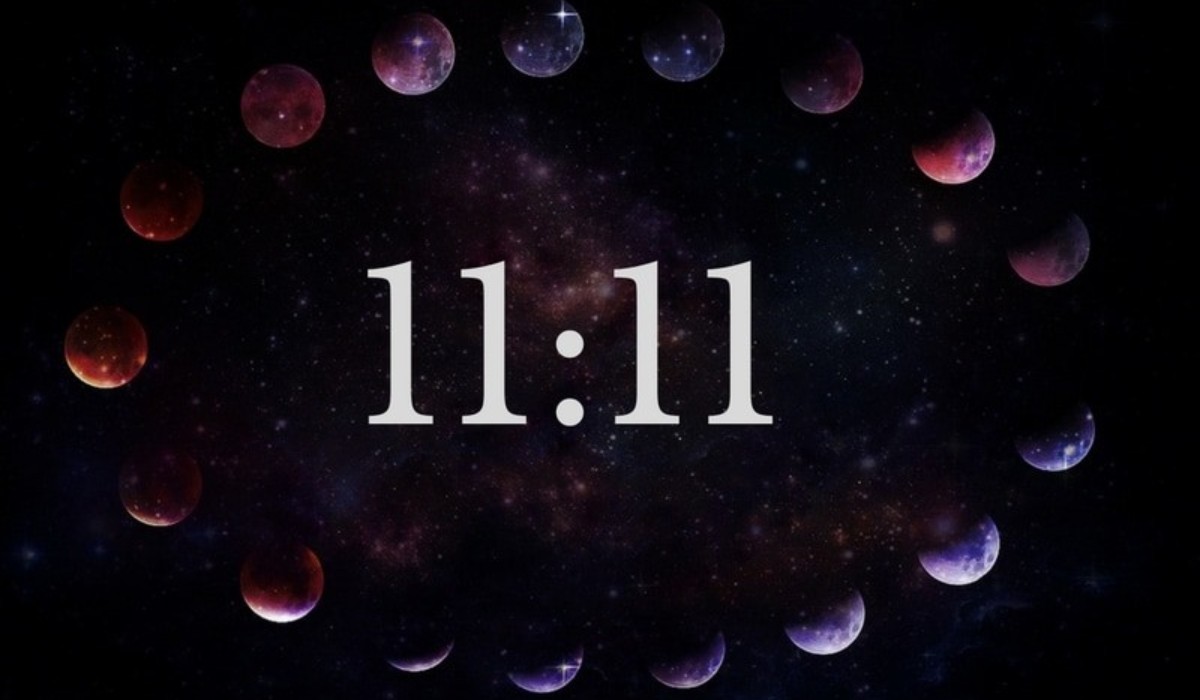On July 20th each year, the world commemorates International Moon Day, a date that marks one of humanity’s greatest achievements and celebrates our enduring fascination with Earth’s only natural satellite.
Historical Significance
International Moon Day was established by the United Nations General Assembly in 2021 to honor the anniversary of the first human landing on the Moon. On July 20, 1969, NASA astronauts Neil Armstrong and Buzz Aldrin became the first humans to set foot on lunar soil as part of the Apollo 11 mission, uttering the now-famous words, “That’s one small step for man, one giant leap for mankind.”
Purpose and Objectives
This annual observance serves multiple purposes:
- Raise Awareness: It aims to increase public awareness about sustainable moon exploration and utilization.
- Promote Education: The day encourages educational initiatives about space science, technology, and exploration.
- Celebrate Achievements: It recognizes the efforts and accomplishments of all nations in the realm of lunar exploration.
- Inspire Future Generations: By highlighting lunar missions and research, it seeks to inspire young people to pursue careers in science, technology, engineering, and mathematics (STEM).
Also Read: सानिया मिर्जा के साथ शादी की अफवाहों पर मोहम्मद शमी ने किया रिएक्ट
Global Participation
Countries worldwide participate in International Moon Day through various activities:
- Educational programs and lectures in schools and universities
- Public stargazing events and moon observation sessions
- Space-themed exhibitions in museums and science centers
- Panel discussions featuring astronauts, scientists, and space industry experts
The Moon’s Ongoing Significance
Beyond its historical importance, the Moon continues to play a crucial role in scientific research and future space exploration:
- Lunar Gateway: Many space agencies are collaborating on plans for a small space station orbiting the Moon, serving as a stepping stone for deep space exploration.
- Artemis Program: NASA’s ambitious plan aims to return humans to the Moon by 2025, including landing the first woman and person of color on the lunar surface.
- Scientific Research: The Moon offers unique opportunities for astronomical observations and studies of planetary formation and evolution.
- Potential Resources: Ongoing research explores the possibility of utilizing lunar resources for future space missions and even establishing permanent lunar bases.
Challenges and Ethical Considerations
As lunar exploration advances, International Moon Day also provides a platform to discuss challenges and ethical considerations:
- Sustainable exploration practices
- International cooperation and the peaceful use of outer space
- Preservation of lunar heritage sites
- Potential environmental impacts of increased lunar activity
Here’s a list of countries that have successfully reached the Moon with spacecraft as of April 2024:
- United States (1959) – First to impact the lunar surface with Luna 2
- Soviet Union/Russia (1959) – First to photograph the far side of the Moon with Luna 3
- Japan (1990) – Hiten orbiter
- European Space Agency (2003) – SMART-1 orbiter
- China (2007) – Chang’e 1 orbiter
- India (2008) – Chandrayaan-1 orbiter
- Israel (2019) – Beresheet lander (crashed on the surface)
- South Korea (2022) – Korea Pathfinder Lunar Orbiter (Danuri)
- United Arab Emirates (2023) – Rashid rover (as part of Japan’s HAKUTO-R mission)
International Moon Day serves as a reminder of human ingenuity and our capacity to achieve the seemingly impossible. It celebrates our past accomplishments while looking forward to future lunar endeavors. As we continue to explore and understand our celestial neighbor, the Moon remains a source of wonder, scientific discovery, and inspiration for people around the globe.
As we observe this day, we are reminded of the words of John F. Kennedy, who in 1962 said, “We choose to go to the Moon in this decade and do the other things, not because they are easy, but because they are hard.” This spirit of challenge and exploration continues to drive our lunar ambitions today and into the future.
Also Read: 10 Useful Things You Can Learn in Less Than 10 Minutes











